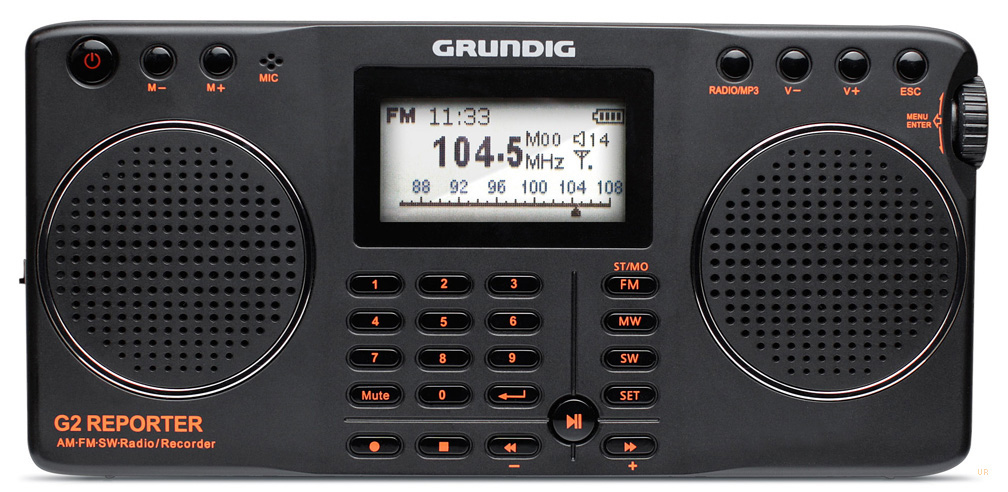Most shortwave radio listeners are familiar with interval signals–those ditties that precede a shortwave radio broadcast–indicating a specific broadcast frequency and that a broadcast is about to begin.
On television, there’s really no need for an interval signal: channel selection is accurate and schedules are ubiquitous. Indeed, there’s no guess work involved at all. Tune to channel 3 at 6:00, and you know the evening news awaits you.
Still, many television news services around the world provide a visual-plus-aural countdown for their viewers which, in essence, serves the same purposes as an interval signal. As on the radio, it’s a build up…a “get ready, here comes the news” statement that’s separate from the title sequence. The most notable example I know of is the BBC’s television countdown, which, depending on timing, might count down for one minute–or even for several minutes on satellite feeds.
Here is the BBC’s latest (2013) countdown:
News agencies in the US, alas, never bother with a one-minute countdown to the hour because this is profitable time that can be filled with a sponsors’ advertising.
Perhaps that why I’ve always been a fan of the BBC, and even proudly payed my TV tax when I lived in Britain. The BBC, in general, represented a refuge from other TV mass media and the accompanying news network over-stimulus. While I still have many criticisms of the BBC–indeed, they’re stumbling now–I nonetheless prefer this broadcaster to most TV news services stateside. [Of course, what I find most objectionable are the changes which could affect the integrity of the BBC World Service, now directly funded by the UK’s TV licensing fees instead of the Foreign Office.]
But I do enjoy this countdown.
If you share my appreciation for this “TV interval signal,” here are a few other examples starting with a compilation of BBC countdowns from 1999-2007 produced by a fan:
NBC News Special Report Countdown:
And if you can’t get enough of the BBC’s countdown montage, here’s a 10 minute filler version:
Will anyone else confess their love for a broadcaster’s countdown? Please comment!








